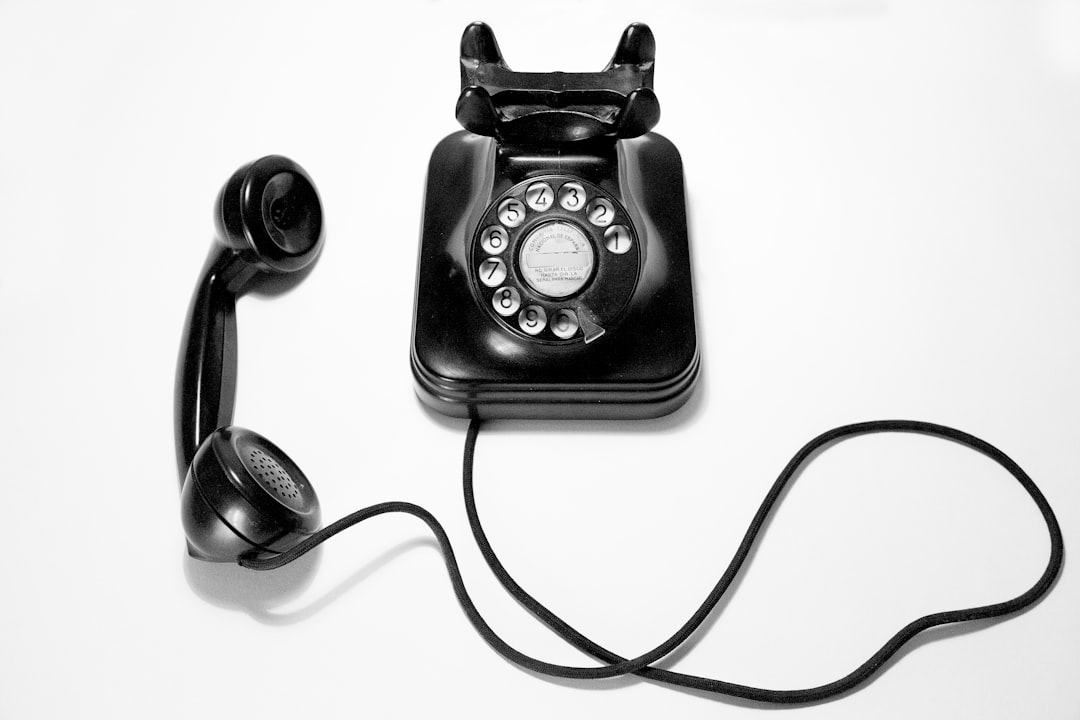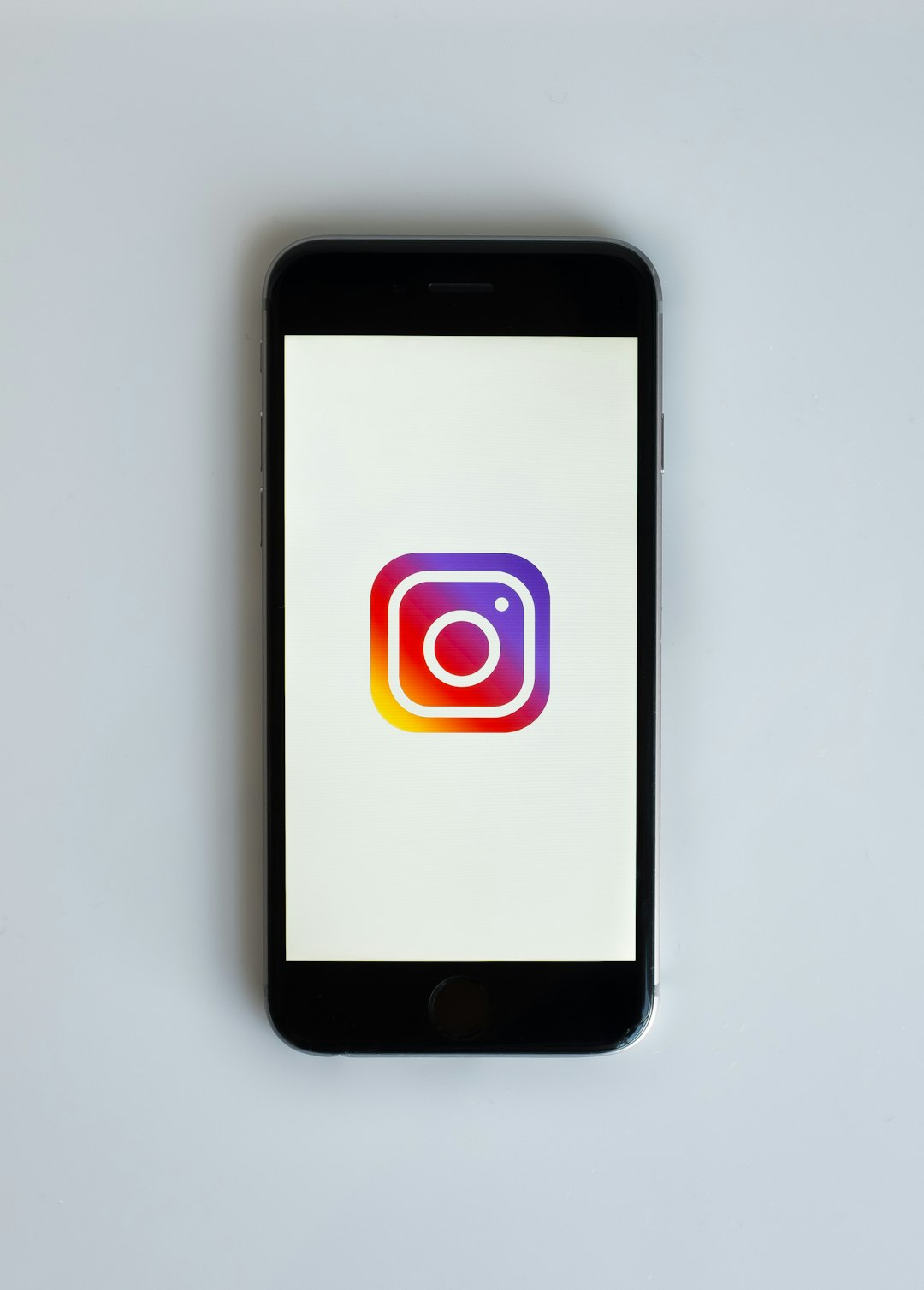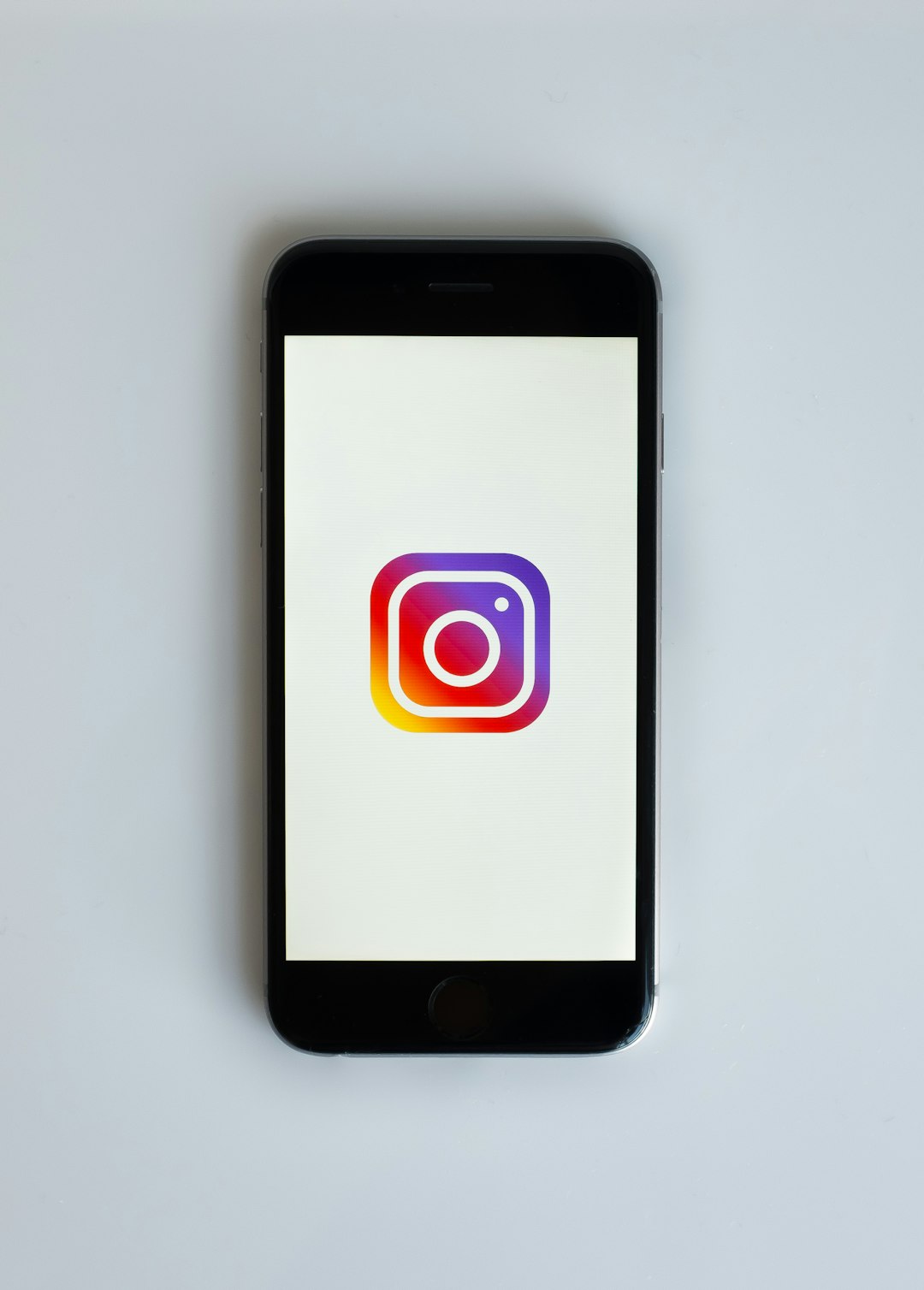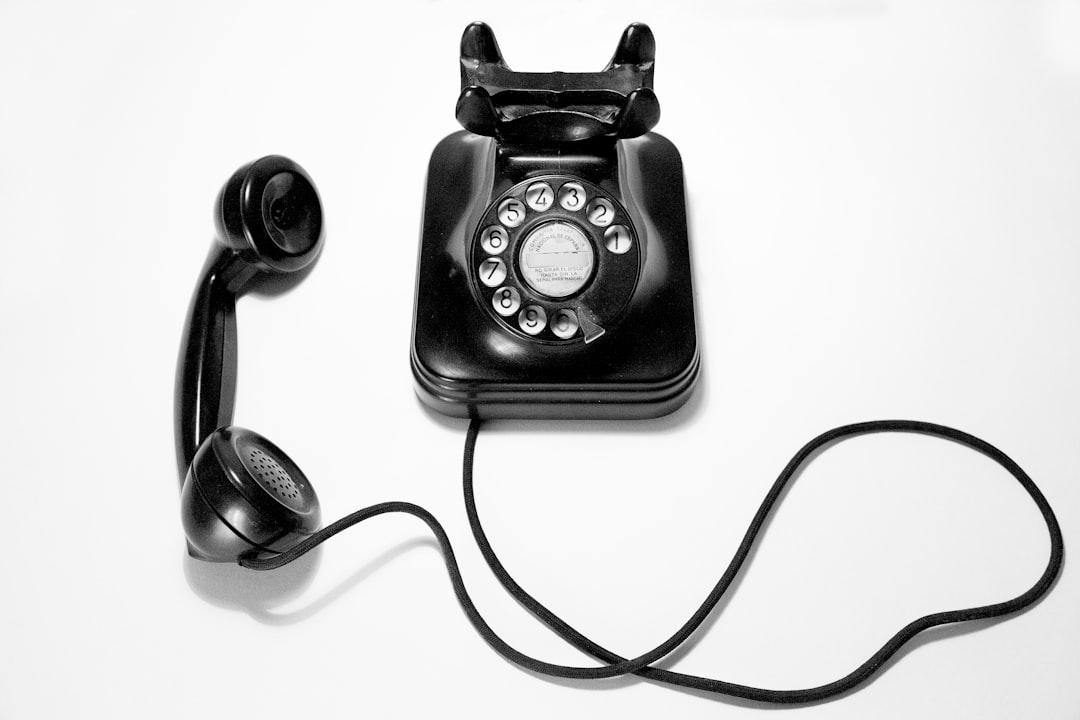Nonprofit organizations in Oregon have embraced autodialers to transform their outreach strategies, automating calling campaigns for fundraising, volunteer recruitment, and community engagement. These tools, while powerful, must adhere to stringent regulations like the TCPA to avoid legal issues. Successful implementation involves consulting with autodialer lawyers Oregon who can guide nonprofits on compliance, ensuring personalized, effective communication that builds and maintains relationships with supporters, as demonstrated by case studies showing significant boosts in fundraising response rates and reduced client wait times. Future trends include advanced data analytics and AI integration, with autodialer lawyers Oregon continuing to play a vital role in navigating regulatory changes.
“The future of nonprofit communication is here, driven by innovative technology like autodialers. This article explores how autodialers are transforming outreach strategies in Oregon’s nonprofit sector, enhancing engagement with donors and volunteers. We delve into the legal considerations for their use, highlighting key guidelines from autodialer lawyers in Oregon. Through case studies, we demonstrate successful implementations, and navigate challenges, discussing future trends in autodialer technology.”
Understanding Autodialers: The Role in Nonprofit Communication Strategies

Autodialers are innovative communication tools that have transformed how nonprofits engage their audiences. These technologies automate calling campaigns, enabling organizations to reach a vast number of people efficiently. By leveraging autodialer software, Oregon-based nonprofit groups can streamline their outreach processes, from fundraising drives to volunteer recruitment. The system dials numbers in bulk, leaving personalized messages tailored to specific recipients, ensuring a more direct and effective connection.
In the competitive landscape of philanthropy, staying connected with supporters is vital. Autodialers offer a strategic advantage by allowing nonprofits to build and maintain relationships at scale. From providing updates on mission-critical initiatives to promoting special events, these automated systems enhance engagement. Furthermore, with advanced features like interactive menus and real-time data analysis, Oregon’s nonprofit sector can make informed decisions, ensuring their communication strategies remain dynamic and responsive to the needs of their communities.
Legal Considerations for Nonprofits Using Autodialers in Oregon

Nonprofit organizations in Oregon considering the implementation of autodialers for their outreach and communication strategies must be aware of the legal implications. While autodialing technology offers numerous benefits, such as increased efficiency in donor engagement, it also raises concerns related to privacy and consumer protection laws.
In Oregon, the use of autodialers is regulated by the Telephone Consumer Protection Act (TCPA), which restricts automated calls to individuals without their prior consent. Nonprofits must ensure they obtain explicit permission from donors or potential supporters before initiating automated calls. Engaging autodialer lawyers in Oregon can provide guidance on navigating these regulations, helping nonprofits avoid legal pitfalls and ensure compliance while leveraging the power of this technology for effective fundraising and communication.
Enhancing Engagement: Benefits of Autodialers for Oregon's Nonprofit Sector

In the dynamic landscape of Oregon’s nonprofit sector, staying connected with supporters and donors is crucial for sustaining operations and achieving missions. Autodialers emerge as a powerful tool to revolutionize engagement strategies. By leveraging automated technology, nonprofits can reach out to a broader audience, including potential autodialer lawyers Oregon volunteers and donors, through personalized and timely communications. This innovative approach enhances accessibility, ensuring that organizations can engage with their supporters even in today’s fast-paced digital era.
Moreover, autodialers offer a cost-effective method for building and nurturing relationships. With automated phone calls, nonprofits can quickly disseminate important updates, event invitations, and fundraising appeals, increasing the likelihood of positive responses. This efficient system allows organizations to focus their resources on other critical areas while maintaining strong connections with their communities, ultimately fostering long-term support and loyalty.
Case Studies: Successful Implementation of Autodialers by Oregon Nonprofits

Oregon’s nonprofit sector has witnessed a quiet revolution with the strategic adoption of autodialers, enhancing communication and outreach efforts. Several case studies highlight successful implementations, demonstrating increased efficiency and impact. For instance, a local environmental organization utilized an autodialer to automate phone calls for their annual fundraising campaign, resulting in a 20% higher response rate compared to traditional methods. This innovation allowed them to engage a broader audience, ensuring more volunteers and donors.
Another notable example is a legal aid nonprofit that integrated an autodialer into their intake process. The system automatically called clients to schedule appointments, reducing wait times by 35%. This streamlined approach improved client satisfaction and enabled the organization to manage its caseload more effectively. These real-world applications showcase how Oregon’s nonprofits are leveraging technology, including autodialer lawyers Oregon, to optimize operations and better serve their communities.
Navigating Challenges and Future Trends: The Evolution of Autodialer Technology in Oregon

In Oregon, as in many states, nonprofit organizations have been leveraging autodialer technology to reach donors and supporters more effectively. However, navigating the legal landscape surrounding telemarketing can pose significant challenges. With strict regulations governing autodialer usage, nonprofits must ensure compliance to avoid costly fines and maintain donor trust. Oregon’s Attorney General’s office plays a crucial role in enforcing these laws, making it essential for organizations to stay informed about their rights and responsibilities.
Looking ahead, the future of autodialers in Oregon’s nonprofit sector promises significant advancements. Emerging trends include improved data analytics, allowing nonprofits to personalize their outreach and increase donor engagement. Additionally, integration with artificial intelligence could lead to more sophisticated lead generation and qualification processes. As technology evolves, autodialer lawyers in Oregon will continue to play a vital role in guiding organizations through regulatory changes, ensuring they can harness these tools effectively while adhering to legal requirements.






